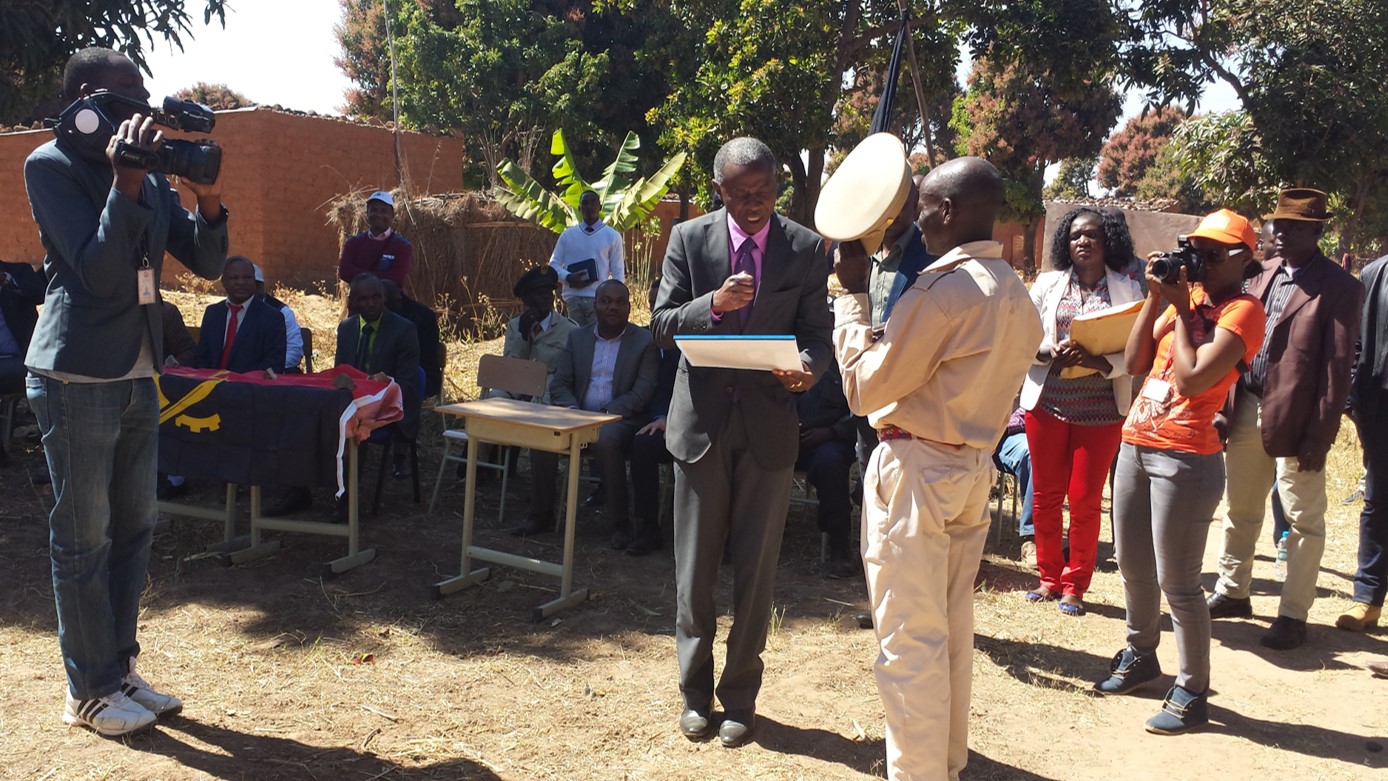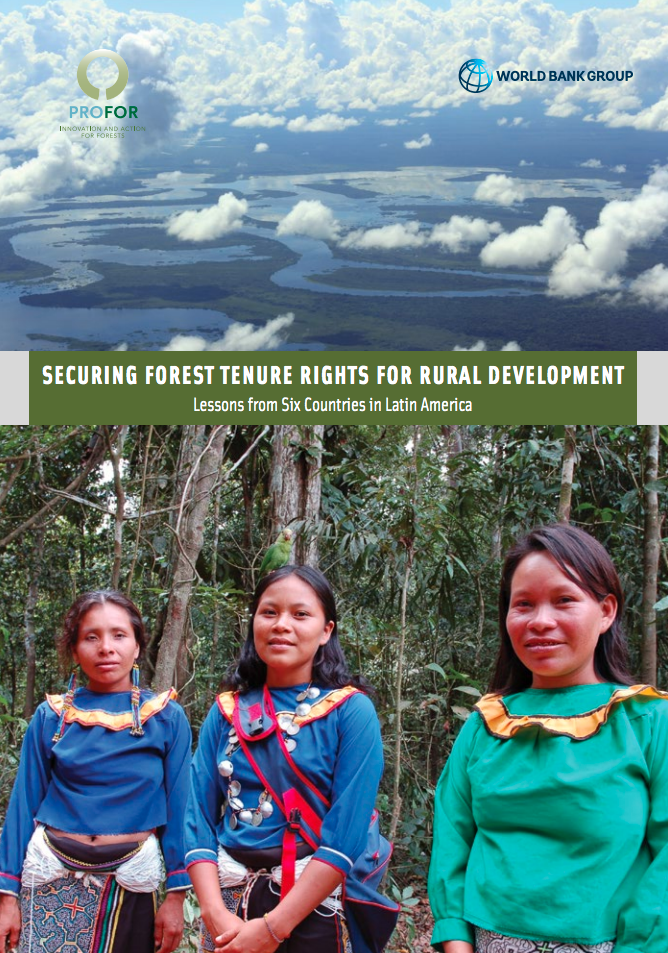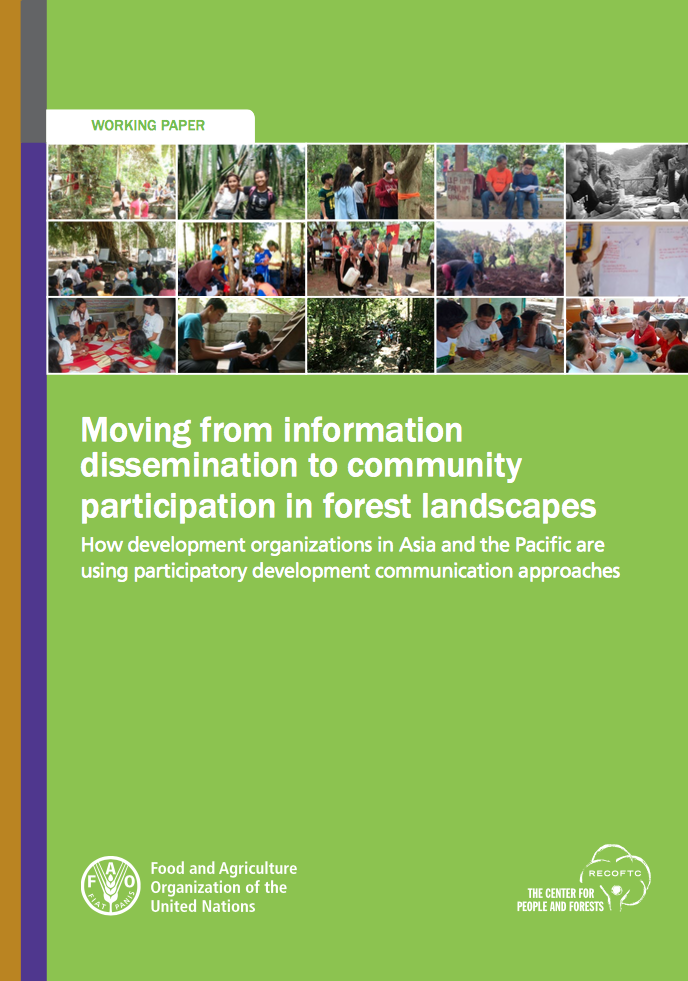Land-use and land-base patterns in non-industrial private forests: Factors affecting forest management in Northern Spain
There is increasing worldwide interest in land-use allocation and management within the sphere of rural planning and development. The study of land-use patterns mainly focuses on understanding the practices and values of individuals involved, and no debate of this issue would be complete without taking into account non-industrial private forest (NIPF) ownership as a key component in most rural areas worldwide.
WHO WILL OWN THE LAND?
Eltelt két évtized és hazánk, valamint az agrárvilág újra attól hangos, mint két évtizeddel ezelőtt, hogy kié lesz a föld? Ebben sok minden közrejátszott, de mindenekelőtt az, hogy a rendszerváltozáshoz ziláltan érkezett az agrárgazdaság, a vidék, s a földek reprivatizációja helyett kárpótlásra került sor, elmaradt a parasztság rehabilitációja, s főleg hogy egyetlen kormány sem foglalkozott stratégiai, szociális, környezetfenntartó súlyának megfelelően a vidékkel, a mezőgazdasággal. Ugyan 2001-ben lépéseket kezdeményeztek a családi gazdaságok felkarolására, de ez nem folytatódott.
[Latin American cooperation in the agenda of rural areas development]
The analysis on the change of farming lands in the territory of middle Lithuania
Land means the basic part of the natural environment, the basic instrument of human life, activity and immovable property, which is being disposed of in the process of land relation. Land should be used when coordinating private and public interests as well as environment protection requirements.
Categorising farming practices to design sustainable land-use management in mountain areas
In European mountain areas, shrub encroachment resulting from farmland abandonment is most often managed by mechanical operations such as roller chopping or controlled burning, which have proved to be ineffective and unsustainable. Recent agroecological findings highlight the potential impact of grazing on long-term shrub dynamics. We thus explored the potential contribution of livestock farms to the management of shrub encroachment.
The recognition of the customary land rights: lessons from the Province of Bié in Angola
Effective recognition of customary land rights is still a challenge in Angola, as in many other African countries. Despite customary land rights of the traditional rural communities are expressly recognized in the 2004 National Land Law, very few communities in Angola have been able to register their land. In the Province of Bié, in Angola central highlands, only five customary collective land titles (called Dominio Util Consuetudinario) had been issued within the period 2004-2015.
Securing Forest Tenure Rights for Rural Development: Lessons from Six Countries in Latin America
Secure land tenure in rural landscapes is widely recognized as an essential foundation for achieving a range of economic development goals. However, forest areas in low and middle-income countries face particular challenges in strengthening the security of land and resource tenure. Forest peoples are often among the poorest and most politically marginalized communities in their national contexts, and their tenure systems are often based on customary, collective rights that have insufficient formal legal protection.
Guide for grassroots movements on tenure bottom-up accountability
The purpose of the guide is to provide practical information to rural communities that they can use in framing and devising collective action and engagement strategies to strengthen their tenure of land, fisheries and forest and bring about bottom-up accountability.
Relationship between Large-Scale Agricultural Investors and Local Communities
Key points:
Moving from information dissemination to community participation in forest landscapes
Traditionally, in the context of environment and natural resources management, many communication efforts have focused on the dissemination of technical information to end-users who were expected to adopt them. Development practitioners were trying to ‘push’ their products on communities in order to receive community commitment to their development initiatives.





